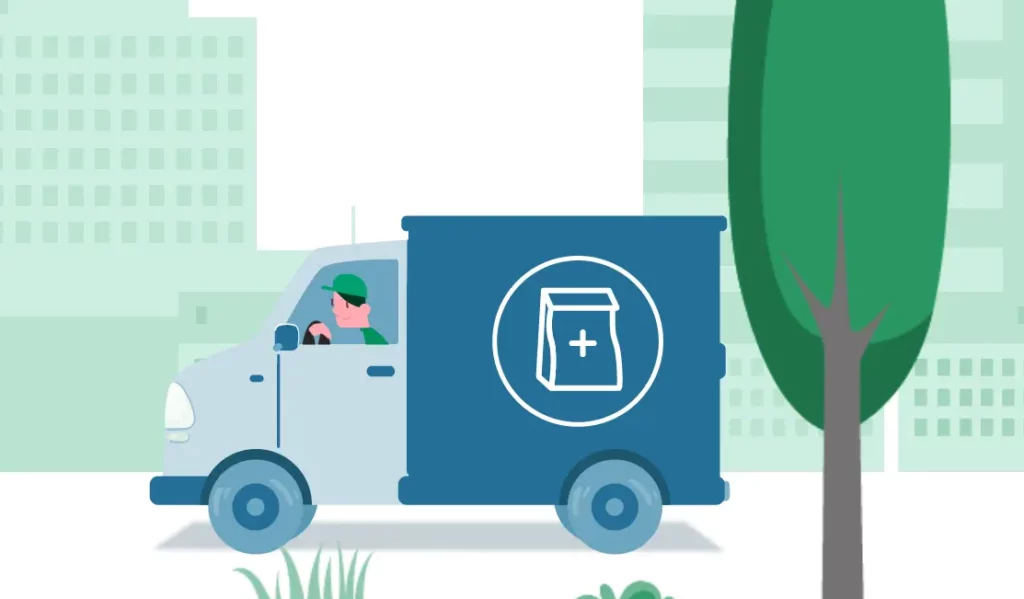March is ovarian cancer awareness month and Healthera is committed to helping spread the word. Not only is it vital for people to familiarise themselves with the symptoms, it is important that we understand the role we can play in increasing awareness, as well as raising funds for this worthy cause.
How to Get Involved
There are a host of charities dedicated to supporting people with ovarian cancer and their loved ones. Organisations such as Target Ovarian Cancer and Ovacome do an incredible job of raising awareness and providing much-needed advice to those affected.
But these efforts aren’t limited to ovarian cancer awareness month. Charities, such as the those mentioned above, dedicate time and funds to this cause all year round. This often takes the form of campaigns, events, calls for membership and more.
If you want to get involved, ovarian cancer awareness month is a great opportunity to do so. And there are so many ways in which you can take part; whether it’s setting up your own fundraising event, becoming a charity member or volunteering your time, there is something we can all do to help battle this disease.
Spotting the Signs
A crucial part of raising awareness means understanding the disease itself and learning to identify some of the key symptoms.
As with many different illnesses and types of cancer, the symptoms can vary. And due to the nature of them, ovarian cancer can be particularly difficult to recognise. This is precisely why it is so important to raise awareness of the potential indicators. Doing so could result in far earlier detection and diagnoses, which could greatly improve the outcomes for women with ovarian cancer.
Bloating, swelling and loss of appetite are some of the predominant indicators, alongside discomfort in the stomach and more frequent urination. There is a crossover with the symptoms of ovarian cancer and those of less serious conditions (such as IBS or PMS). Therefore, it is crucial to monitor each and every case closely. In line with advice from the NHS, it is always best to seek medical attention if you or someone you know is in doubt about their health or is experiencing persistent symptoms.
Management and Treatment
A combination of surgery and chemotherapy is the most common treatment path. However, the various treatment and/or management options for women with ovarian cancer are dependent on individual cases. Fortunately, with increased awareness and funding, the services available are constantly improving.
We hope this article has helped highlight the importance of identifying the symptoms. It’s vital, too, that we all recognise the amazing work charities do for this cause. For more information on the points explored in this article, you can refer to the links below.


